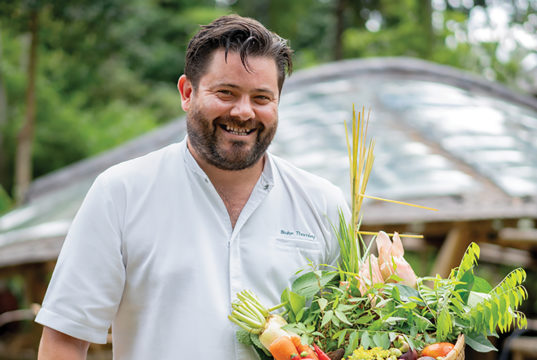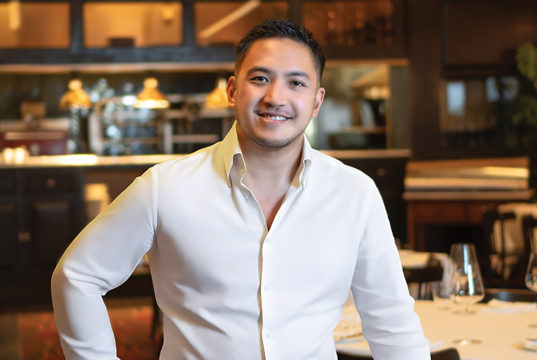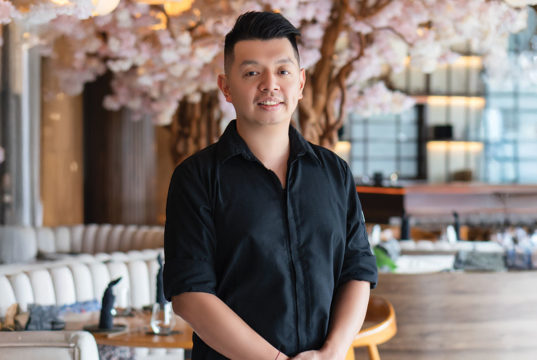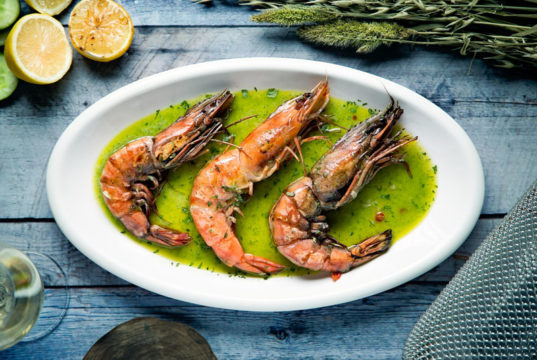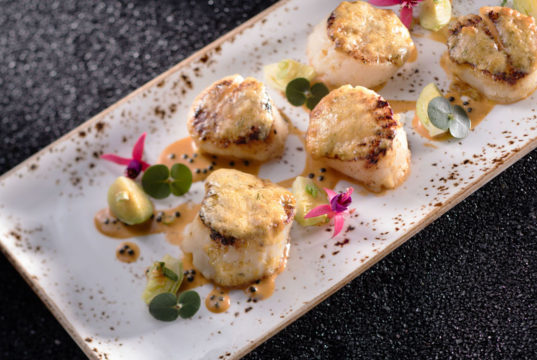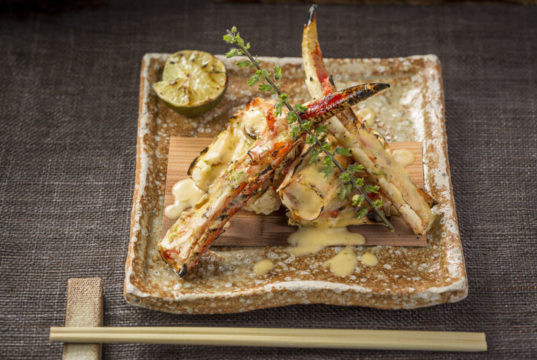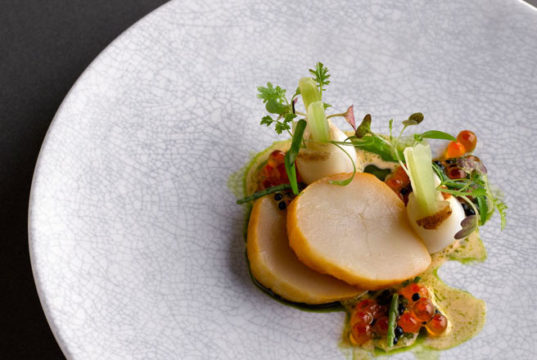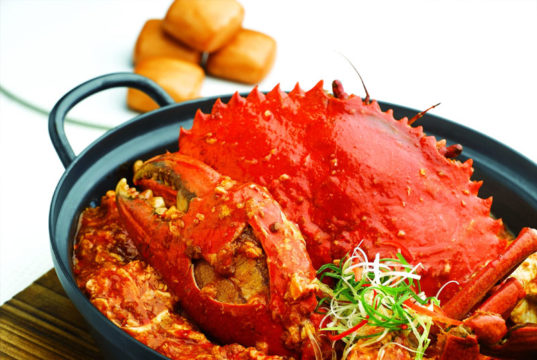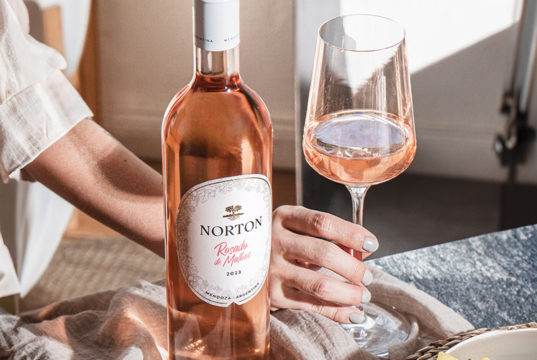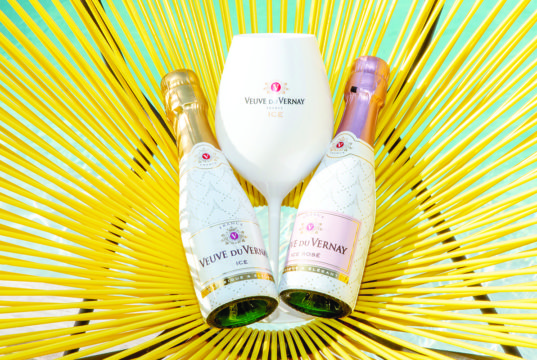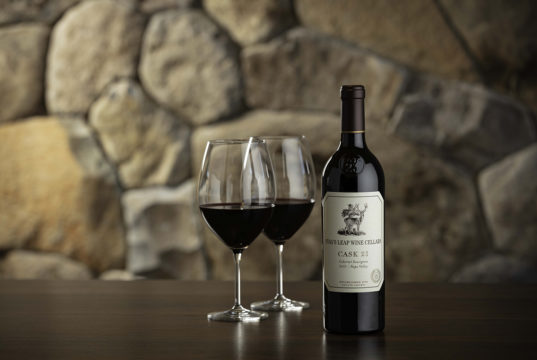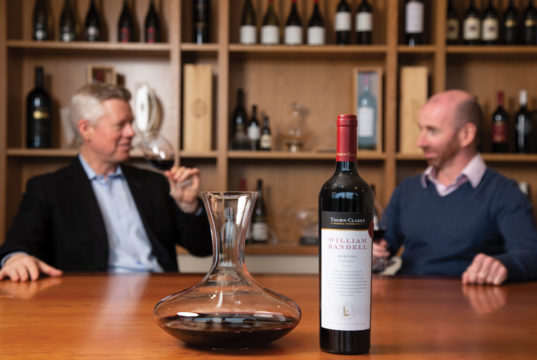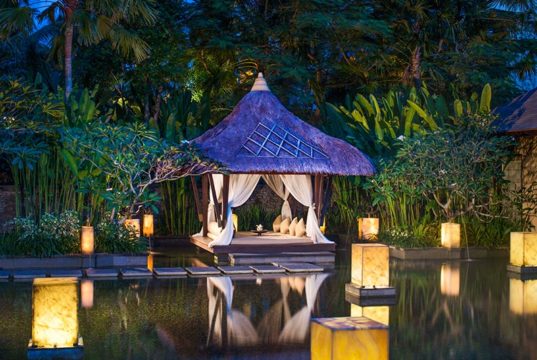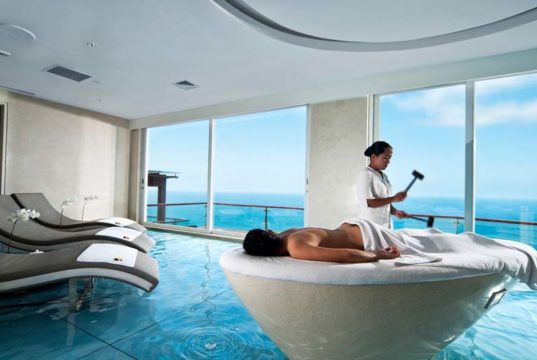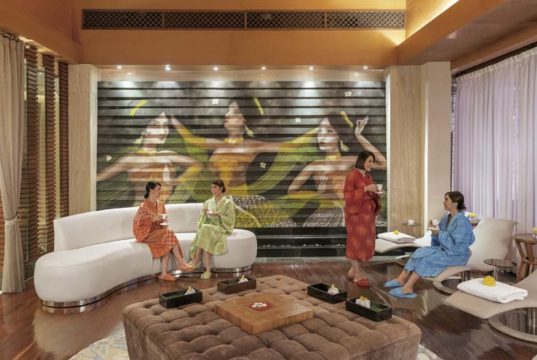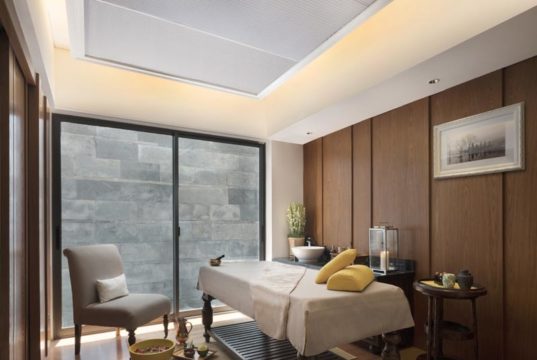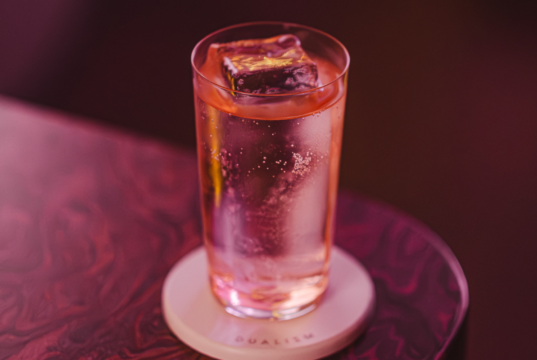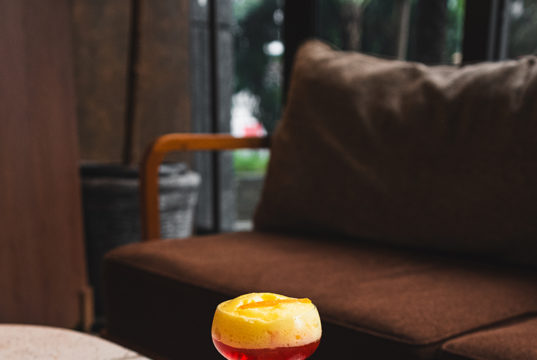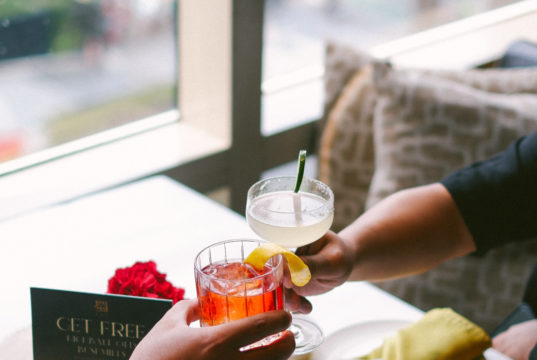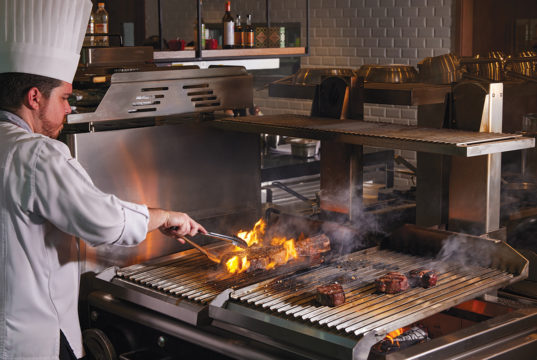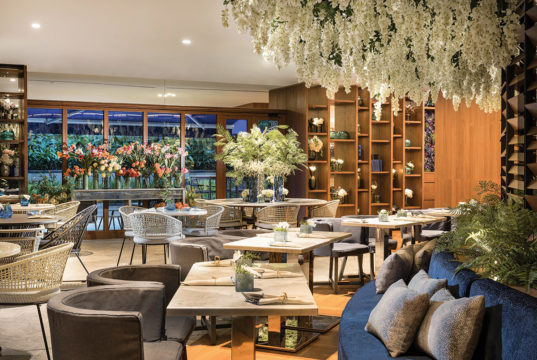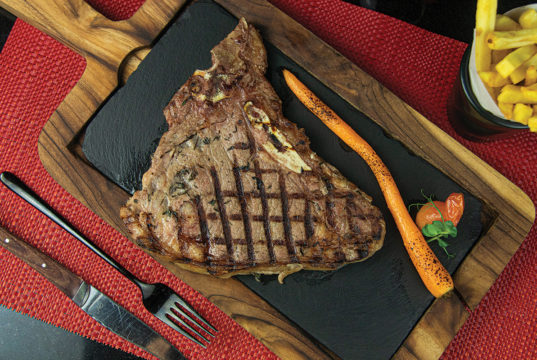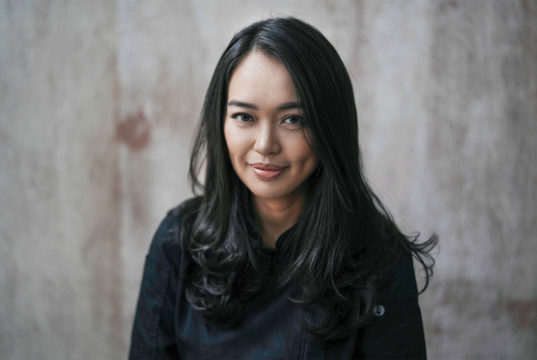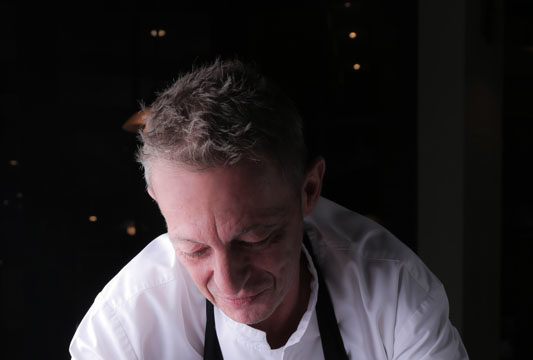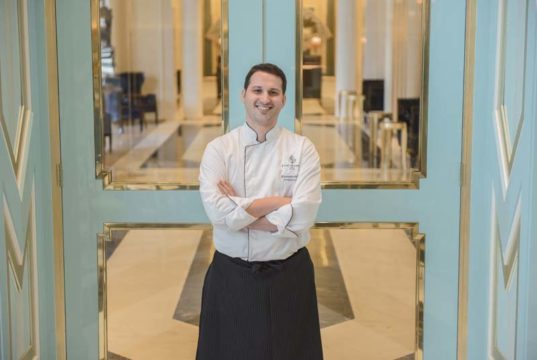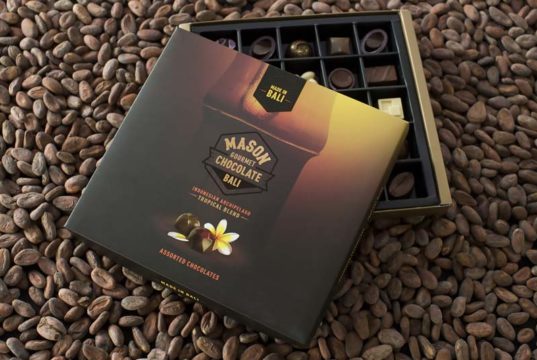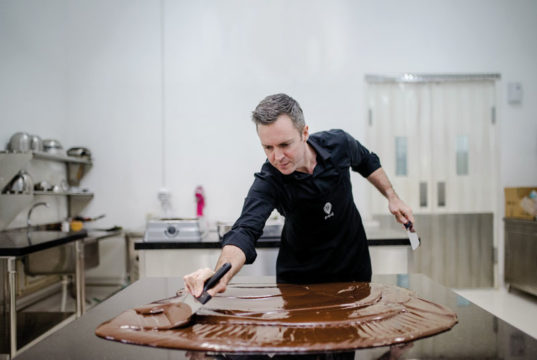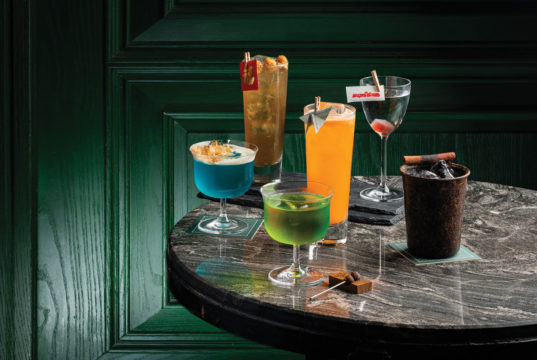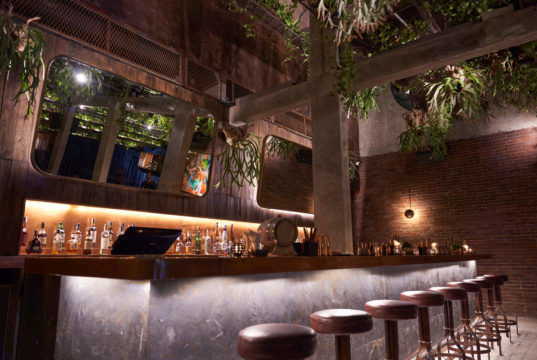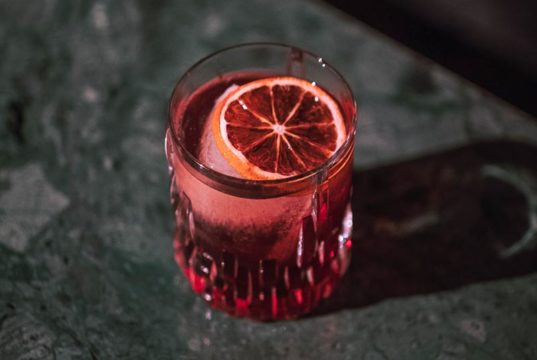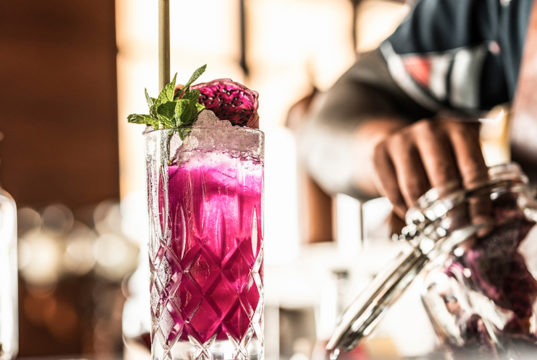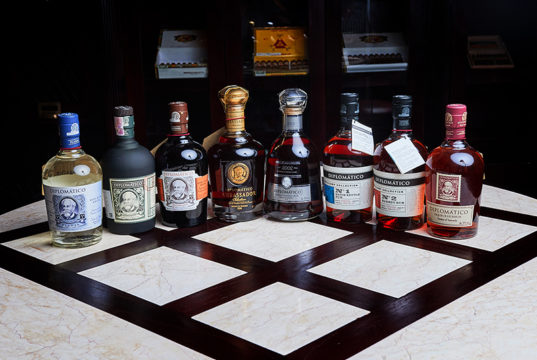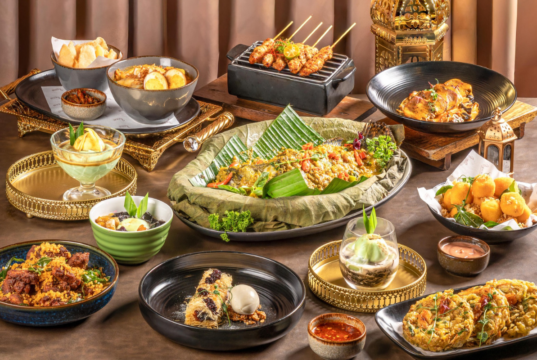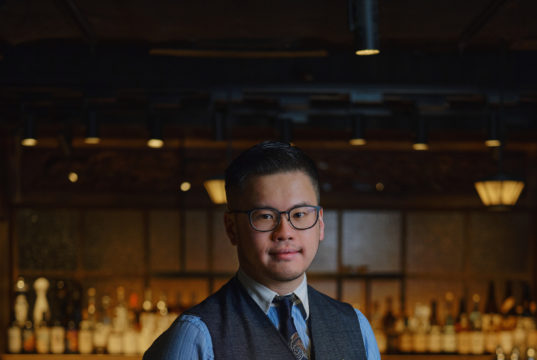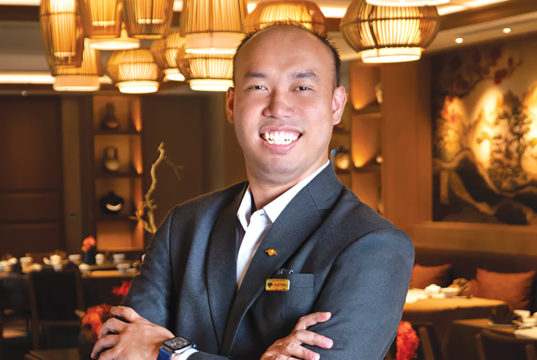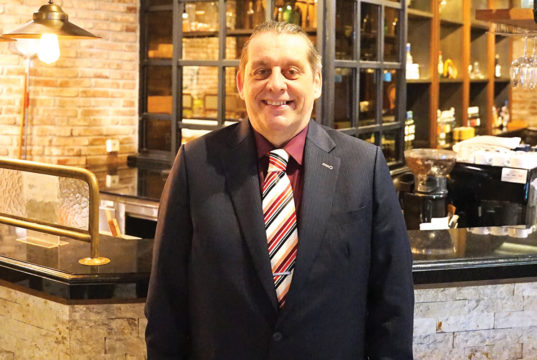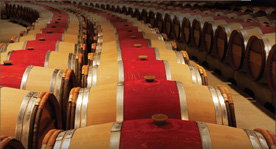Advancing a holistic vision of Winegrowing
with winemaker Michael Silacci
By Stacy James
You could say that American winemaker, Michael Silacci, knows a thing or two about creating a nice bottle of vino. With an impressive resume that has taken him to vineyards in Chile and France as well as the U.S. hubs of Oregon and California, Silacci’s extensive educational background combined with his passion for the product renders him one of the most vital players in a competitive industry.
As the current vintner at Opus One, one of Napa Valley’s most prominent vineyards, Silacci is committed to preserving the original philosophy of Opus One founders Baron Philippine de Rothschild and Robert Mondavi.Of all the great European wine families, the Rothschilds are perhaps the best known. And Baron Philippe de Rothschild is perhaps the best known of this great family. Philippe’s vision changed the world of wine: he invented Château bottling, commissioned great artists to illustrate his wine labels, and in partnership with Robert Mondavi in 1979, created Opus One. Among great New World wine pioneers, Robert Mondavi is an international icon. Bringing a passion for excellence to everything he did, Robert Mondavi led a renaissance in California fine wine for over six decades. In 1982, Robert Mondavi and Baron Philippe de Rothschild began label design. The partners agreed to choose a name of Latin origin for the joint venture, allowing for easy recognition in both English and French. Baron Philippe announced his choice, “Opus,” a musical expression denoting the first masterwork of a composer.
Two days later he proposed an additional word creating the name “Opus One”. The 1979 and 1980 vintages were simultaneously unveiled in 1984 as Opus One’s first release. Opus One then became known as America’s first ultra-premium wine, establishing a category of wine priced by the bottle at US$ 50 and above. The label’s 2007 vintage is now distributed in all 50 U.S. States and 65 countries worldwide.
Do you remember the tipping point in life when you decided your passion for wine would develop into a lifelong career?
I didn’t know what I wanted to do in life professionally, so I began to travel. I decided I would travel until I chose a career. My first stop was Japan, and I traveled in Asia, Southeast Asia, and ended up in Paris, France. I looked up a French woman who I had met in Tokyo. She advised me to pick grapes if I wanted to earn some money, eat well, and learn to speak French. I only knew Bon Voyage. I went to Muscadet, near Nantes, and I had my hair cut, borrowed a car, and drove out into the countryside. I met a gentleman loading sacks of sugar into a small van in the courtyard of a domain. I told him I wanted a job picking grapes. He smiled and made me understand that if I helped him with the sacks of sugar, he would help me find a job. He did. I fell in love with two-hour lunches and wine.
You hold several university degrees in viticulture and enology. What does the day-to-day look like for a student of winemaking?
The day begins in the vineyard observing the seasonal tasks. A cup of tea or espresso is made as the computer warms up. Email and voice messages are checked. Then a quick walk through the cellar to monitor the progress of the cellar workers. It is best to taste wine between 10 and 12 noon, when your senses are most acute. Off to lunch with a colleague to discuss ideas or to plan tasks, or with a visitor. Emails, the vineyard, and the cellar are checked again after lunch. Mid-afternoon is the perfect time for a 20-minute nap under the desk on a yoga mat. Late afternoon is reserved for reading, writing, and arithmetic.
The underlying philosophy of founders Baron Philippine de Rothschild and Robert Mondavi ensures that the connection between viticulture and winemaking at Opus One is seamless. Please explain what this means.
It is unusual for a winemaker to oversee both viticulture and winemaking. At Opus One we have the luxury of having two individuals who have one boot in the vineyard and one boot in the cellar: Nathalie Juré, our assistant winemaker/viticulturist, and me. It is like a chef who grows vegetables, fishes, hunts, and cooks. I am responsible for the quality of the grapes and the wine at Opus One. This allows me to focus purely on absolute wine quality and to ensure that everyone pays attention to detail and works together to make one wine: Opus One.
Your 2007 vintage is now distributed in all 50 U.S. States as well as 65 countries worldwide. What opened the door to your recent introduction in Indonesia?
During a personal trip to Vietnam in 2009, the importance of telling the story and presenting our wines in Southeast Asia became clear to me. We visited the market in Ho Chi Ming City the following year. Coupled with this visit we met people from Thailand and Indonesia. Their interest and knowledge of wine inspired us to visit their homeland.
How was the response from guests at your recent wine dinner at Bali’s newly opened The Mulia, Mulia Resort & Villas in Nusa Dua?
Opus One was well received by our guests at The Mulia. It was the first event at this brand new resort. Crews worked passionately to put the final touches on the restaurant and the grounds even as we sipped Champagne opened at the reception. We found, as we had elsewhere, a bright and wine-knowledgeable group of very interesting people from all walks of life. The chef and the staff at The Mulia were superb.
Opus One also conducted a master class at Ayana Resort and Spa in Jimbaran. Who was this class designed for and what did attendees learn?
The seminar was designed for sommeliers. We chose this level, because we wanted to give an in-depth view and perspective of Opus One to the attendees. There were a lot of excellent questions and discussion about our principles of viticulture and winemaking as well as about the wines we tasted.
As one of the most successful luxury wine brands in the world, where do you see Opus One fitting in to Asia’s flourishing wine scene?
As an integral part of it. The wine scene in Asia is booming. Each year we visit, we see a rapid evolution of understanding of wine. We have been able to pair Opus One with dishes in many countries in Asia, and Opus One fits well into the food and wine world.




